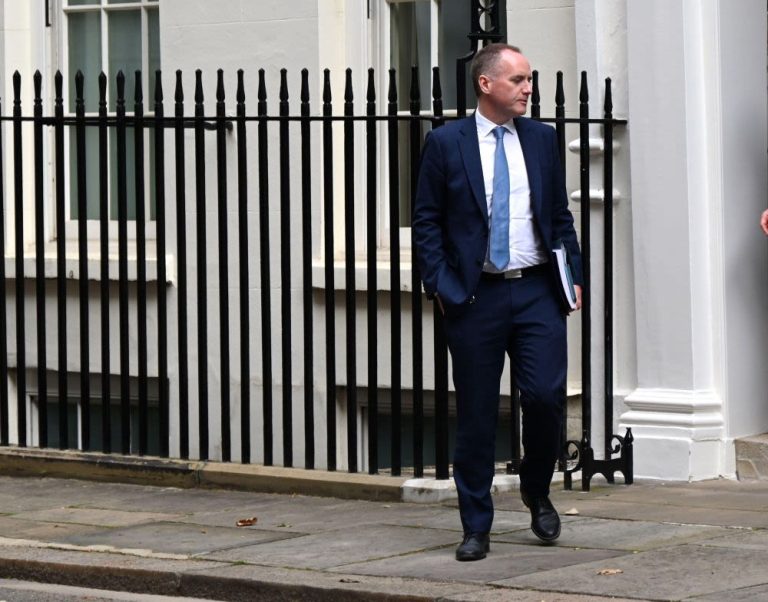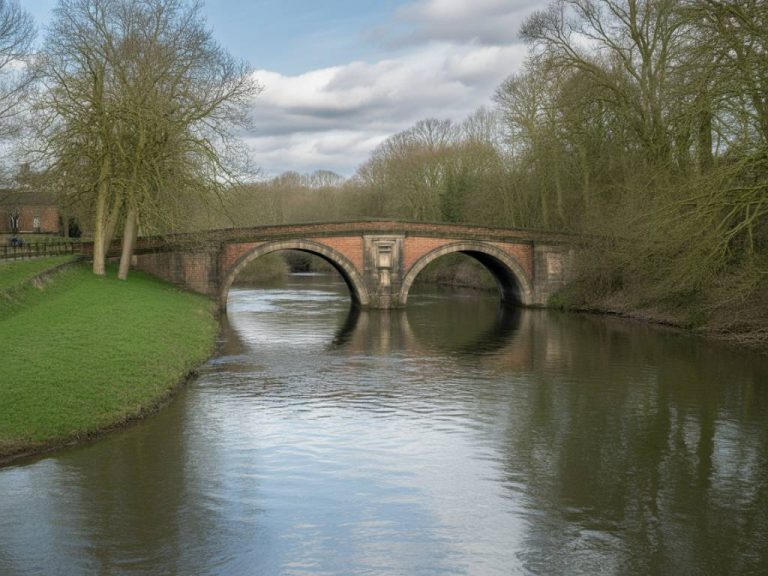
Britain’s First Battlefront Might Be Above Our Heads
As Europe braces for renewed conflict, the UK’s top space officer, Major General Paul Tedman, warns that the next attack on British soil is “highly likely” to originate in orbit. In his first full interview since taking command of UK Space Command, Tedman explains why controlling space is now as critical as defending land, sea and air.
Space: The Fifth Domain of Warfare
Since Russia’s full-scale invasion of Ukraine, London has accepted that modern war extends far beyond terrestrial battlefields. Satellites now guide missiles, secure communications and enable navigation for troops and ships. “You need to secure the space domain before you can do anything,” says Tedman. “Controlling space gives you freedom of manoeuvre in the air, on land and at sea.”
RAF High Wycombe: Britain’s Hidden Space Hub
UK Space Command is based at RAF High Wycombe in Buckinghamshire, disguised as an innocent village during World War II. Today, its National Space Operations Centre monitors thousands of satellites and tracks potential threats. The commander walked The House through a live demonstration of threat assessment, showing how an unidentified satellite launch triggers rapid multi-agency response.
Underfunded but Undeterred
Despite its strategic importance, space receives only 1% of the UK defence budget—placing Britain in the bottom half of NATO and G20 nations. In contrast, France allocates 3%, while the US dedicates 5% to its Space Force. Tedman insists that achieving “nationally separable capabilities” requires both increased funding and sharper investment in priority areas.
Why Russia’s A-SAT Test Raised Alarms
When Moscow allegedly tested a nuclear anti-satellite weapon last year, analysts warned of a new arms race in low Earth orbit. Destroying an enemy’s satellites can blind militaries, disrupt civilian infrastructure and paralyse a nation’s economy. “If you knock out GPS, communications and early warning systems, you gain an unparalleled advantage,” explains the commander.
Building a Credible Deterrent
For Tedman, the key to preventing a space war is deterrence. A credible space deterrent requires counterspace weapons—ground-to-space missiles, on-orbit satellite defenders and advanced tracking sensors. “No one wants a war in space, but the best way to avoid it is by showing you can respond decisively,” he says.
Major General Tedman on the Strategic Defence Review
The recent UK Strategic Defence Review elevated space to equal status with air, land and sea. Yet the new command competes with the Royal Navy and RAF for a share of promised funds. Ministers plan to publish a detailed investment roadmap this summer, deciding which capabilities to prioritise. The commander stresses that careful planning is preferable to rushed spending.
Allies and Partnerships
Space is inherently international. Britain works closely with partners such as the US Space Force and the European Space Agency. Yet Tedman emphasises the need for sovereign capabilities. “We must ensure we can protect our interests if alliances falter or we face global supply bottlenecks,” he notes.
Raising Public Awareness
Unlike tanks or fighter jets, satellites are invisible to most people. Tedman laments a “space blindness” in the public mind. To address this, UK Space Command is increasing outreach—recruiting new space operators, hosting public exhibitions and collaborating with schools to inspire the next generation of engineers and analysts.
Preparing for Tomorrow’s Threats
From cyber-attacks on satellite control networks to jamming of GPS signals, future adversaries will exploit every vulnerability. UK Space Command is testing hardened satellites, resilient communications and rapid replacement strategies. The goal is to ensure Britain remains operational even after a significant space attack.
Space, the Ultimate High Ground
In modern war, control of space can tip the balance of power. As Tedman concludes: “Whoever secures the space domain first will dominate future conflicts.” With Europe on a knife-edge, Britain’s focus on space defence signals a new era where the ultimate high ground lies 36,000 km above our heads.





